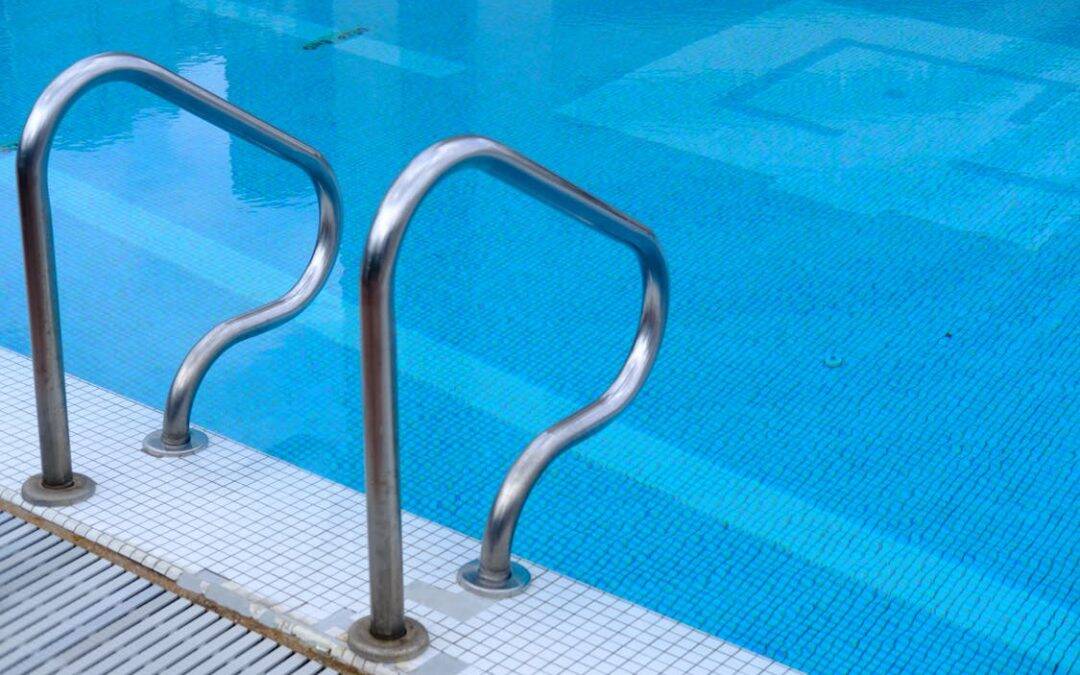Owning a pool can be a delightful experience, offering a space for relaxation and fun. However, ensuring the pool remains safe and well-maintained requires regular inspections and maintenance.
Here’s a breakdown of key aspects of pool inspections every homeowner should familiarize themselves with.
Importance of Regular Inspections
Frequent pool inspections are more than just a chore; they can prevent serious accidents and costly repairs. Regular check-ups help identify potential hazards, such as leaks or equipment malfunctions, ensuring a safe swimming environment.
A well-maintained pool not only enhances enjoyment but can also boost property value.
Visual Inspection of the Pool Area
Start with the obvious: take a good look around. Check for cracks or damage in the pool surface, tiles, and coping. Look for any signs of algae growth, which can be a slippery hazard.
Make sure the deck area is clear of debris, which can create tripping risks. An unobstructed space around the pool promotes safety and accessibility.
Water Quality Testing
Water quality is a major component of pool maintenance. Testing the water for pH levels, chlorine, and alkalinity is essential. Ideally, pH levels should be between 7.2 and 7.8, while chlorine should be maintained between 1.0 to 3.0 parts per million (ppm).
Sudden shifts can lead to skin irritations or other health problems. Consider investing in a reliable water testing kit or seeking professional help to ensure accurate results.
Pool Equipment Checks
Your pool’s equipment, such as the pump, filter, and heater, requires attention. Inspect the pump for any unusual noises, which could indicate wear and tear.
Check the filter for clogs and ensure it is functioning properly. A faulty heater can lead to cool water temperatures, ruining a summertime swim. Recognizing these issues early can save you from larger repairs down the line.
Safety Features Inspection
Safety should never be overlooked. If your pool has a fence, ensure it is at least four feet high and that gates are self-closing and self-latching.
Look for any gaps or loose sections that could pose a risk. If you have a pool cover, make sure it is intact and can safely support weight in case of accidental falls.
Skimmer and Drain Functionality
The skimmer plays a critical role in keeping your pool clean. Ensure the skimmer basket is free from debris, allowing for proper water circulation.
Check the main drain to make sure it is functioning and not blocked. A clogged drain can create issues with water circulation and lead to safety concerns.
Electrical Components and Lighting

Inspect all electrical components associated with the pool, including lights and control panels. Look for signs of corrosion or wear.
Replace any malfunctioning lights to avoid dark areas that could lead to accidents. Ensure that electrical outlets are GFCI (Ground Fault Circuit Interrupter) protected, which helps prevent electrical shock risks.
Seasonal Considerations
Pool inspections might vary by season. In colder months, check for freeze damage. Ensure that pipes are properly insulated and that any water has been drained from the system to prevent freezing and cracking.
In warmer months, focus on algae prevention and chemical balance. Understanding seasonal needs can help maintain pool health throughout the year.
Professional Inspections
While regular self-checks are invaluable, hiring a professional for an annual inspection can provide peace of mind.
Professionals bring experience and expertise, often spotting issues that might go unnoticed. In fact, working with certified experts can help you obtain a pool compliance certificate, ensuring your pool meets all legal and safety requirements.
They can offer comprehensive checks that cover all aspects of the pool, including structural integrity and compliance with local regulations.
Maintenance Records and Documentation
Keeping a detailed record of inspections and maintenance can be beneficial. Documenting what was checked, any issues found, and the steps taken for repairs helps track the pool’s health over time.
This information can also be useful for future buyers should you decide to sell your property.
Community Regulations and Compliance
Every area has its own set of regulations regarding pools. Familiarize yourself with local laws surrounding pool safety and inspections.
Compliance with these regulations not only enhances safety but can also protect you from potential fines or liability issues.
Algae and Chemical Treatments
Algae growth can be a persistent issue if not managed properly. Know the signs of algae bloom and be prepared to treat them swiftly.
Regularly adding the right chemicals, like algaecides, can keep your pool clear. Also, consider using a clarifier in your maintenance routine to help keep the water sparkling clean.
Benefits of Automation
Many homeowners are turning to automated systems for pool maintenance. These systems can handle everything from chemical distribution to regular cleaning.
While initial costs may be higher, the time saved and consistent results can make automation a worthwhile investment.
Educating Family and Friends
Make sure that anyone who will be using the pool understands the importance of safety. Teach children about pool rules, and ensure they know how to swim.
An informed community can significantly reduce the likelihood of accidents. Instilling a culture of safety around your pool helps create a positive environment for everyone.

